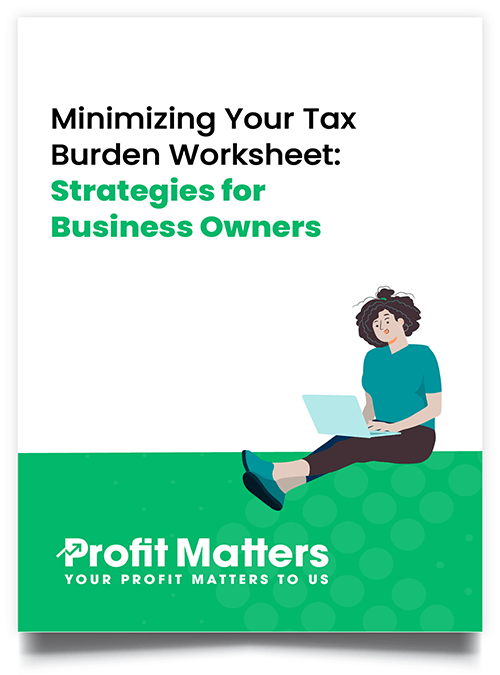But if, as a property manager, you take some time to learn the real estate accounting ropes, you may significantly reduce the number of hours a bookkeeper or accountant spends on your books.
In a moment, I will share with the basics of real estate accounting to help you streamline your transactions to minimize the stress associated with ineffective accounting techniques.
Take a look at our top 4 secrets to effective real estate accounting.
Follow the prescribed administrative code
The state or your local real estate commission sets specific guidelines for property managers to abide by.
Be sure to prepare your books of accounts according to the state-administered guidelines to avoid facing penalties or fines. Most of the codes can take a toll on you, and it’s okay to seek help whenever the need arises.
Speaking of seeking help, make sure that you only consult a specialist in real estate accounting to help you stay compliant.
Maintain an organized accounting system
Regardless of the industry, you operate in, staying organized by maintaining a consistent system for recording your transactions is paramount. In accounting, you want to avoid having different systems or methods of recording transactions.
If you choose to maintain your books in application X, stick to it. You don’t want to end up with missing records at the end of your accounting period.
Also, inconsistency may work against you when faced with cash crunches that require you to acquire a line of credit and also when faced with tax issues. Whichever way you look at it, maintaining an organized accounting system enhances the integrity of your business records while saving you time and money.
Choose Whether to go the accrual or cash method way
As a business, you’ll need to choose between cash or accrual method of accounting. Cash accounting method dictates that you only record transactions when cash is received. This is a simple accounting method, but not widely adopted.
The accrual method, on the other hand, allows you to record revenues when earned and not necessarily received. Expenses are also recorded when they occur and not when money is actually spent. Most businesses operate using this method.
There are some businesses that are required to maintain specific methods of accounting; you want to make sure that you maintain one specific method to avoid getting into trouble with the IRS.
Stay on top of your Taxes
Taxes are a critical part of your business. In other words, staying compliant with the state requirements should be a top priority in your business.
Property taxes come in various forms depending on the type of transaction at hand. You want to make sure that you know the type of tax that applies to a given transaction. You can check out these tips by the IRS on real estate taxation.
Other than the type of transaction at hand, real estate taxation also depends on the value the property, the purpose of the property, age, size, location, and construction type.
If you aren’t quite sure about what applies in your case, try consulting an industry expert. Most real estate accountants will have an idea of the applicable tax regime in each case.
Are you having trouble accounting for your real estate activities? Talk to us today.


